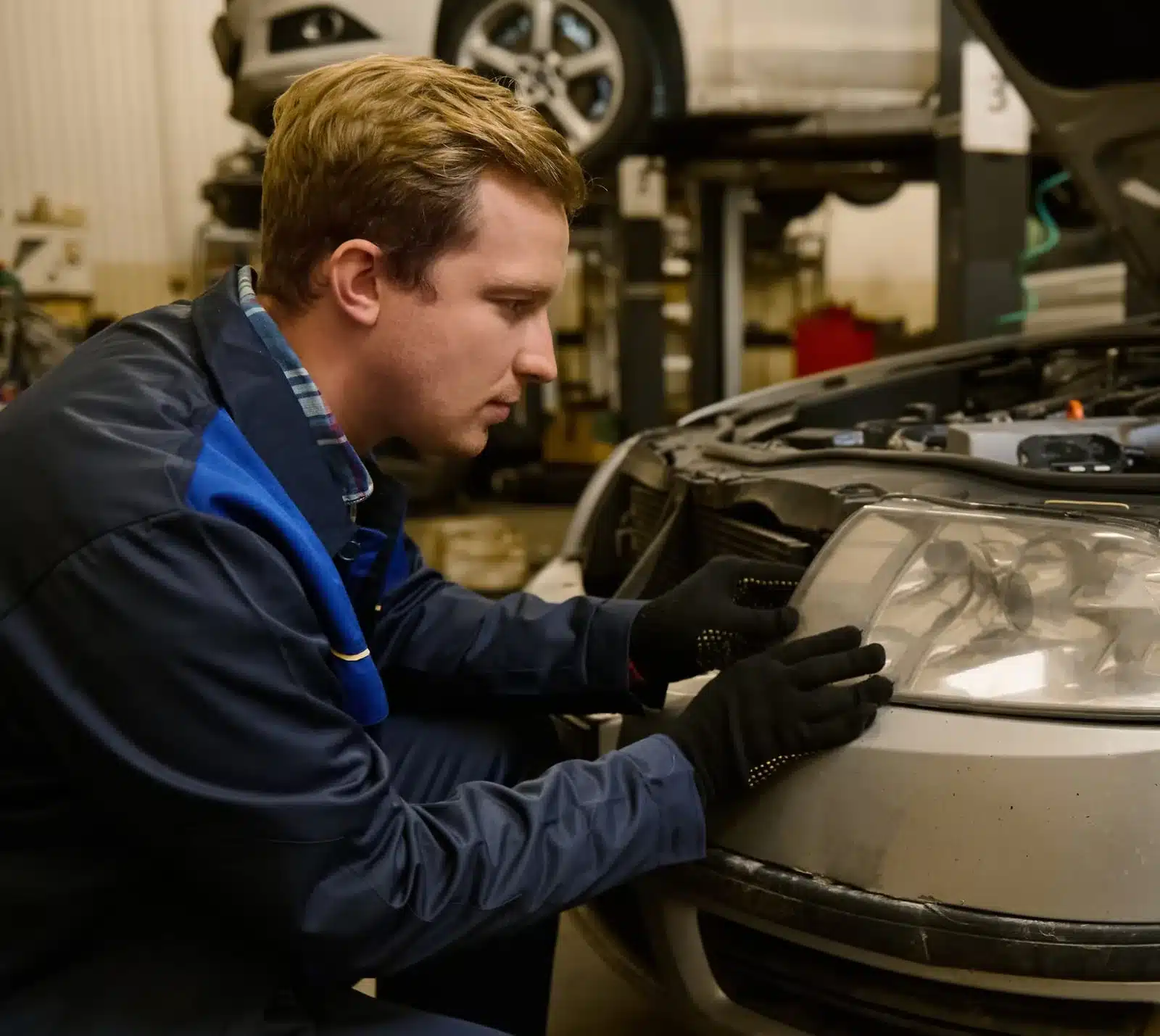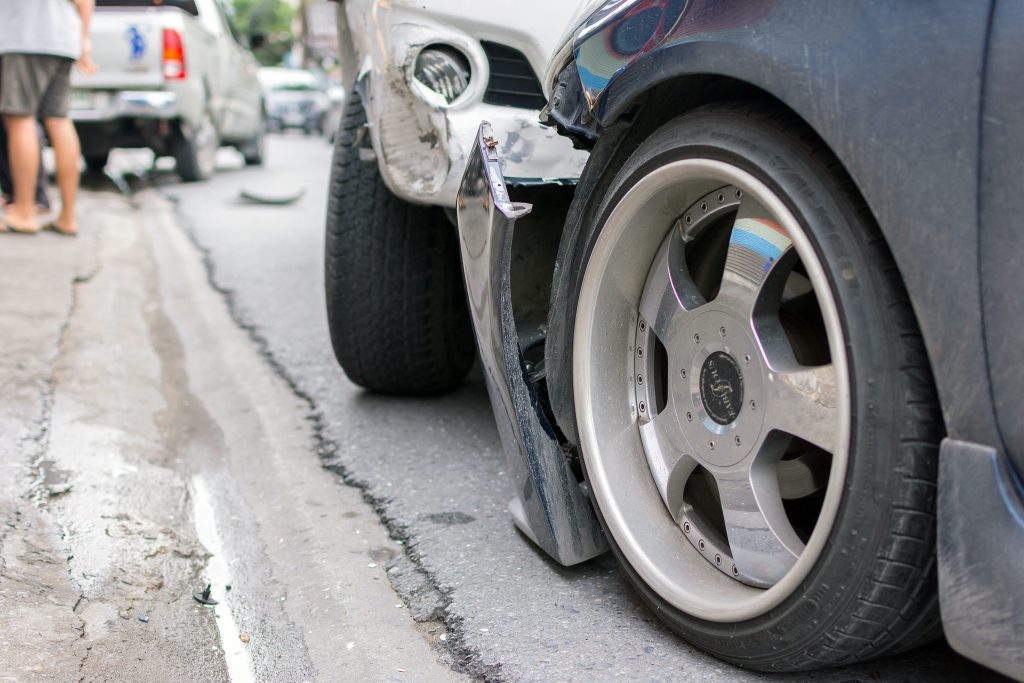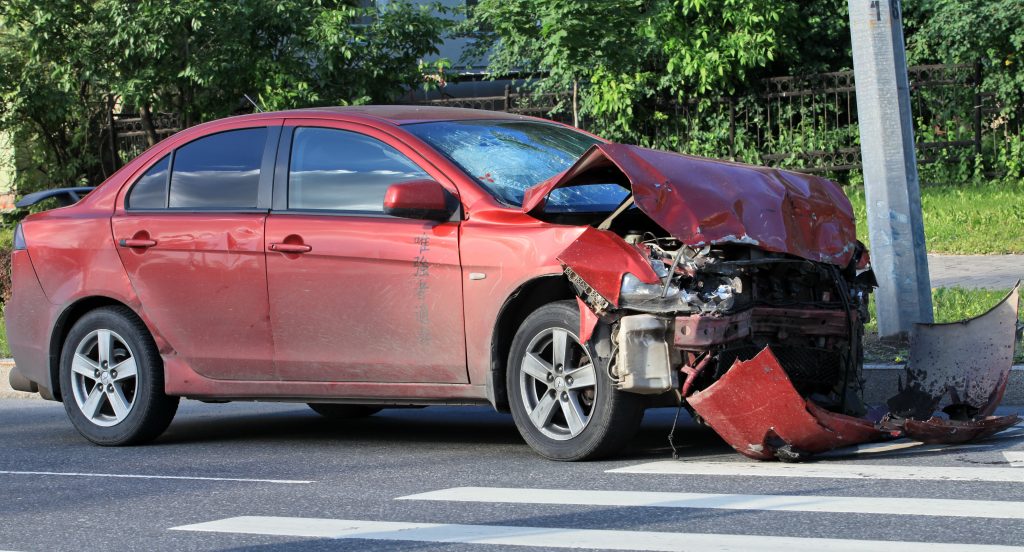How to Get Your Car Repaired After an Auto Accident in Florida?
Being involved in a car accident is a stressful experience, especially when it comes to dealing with the aftermath of the collision and getting your car repaired. Unfortunately, in Florida, car accidents are common due to high traffic volumes. However, knowing the right steps to take can help alleviate some of the stress and ensure your vehicle is repaired properly and efficiently. Here’s a step-by-step guide to navigating the process of car repairs after an accident in the Sunshine State.
Step 1: Assess the Situation and Ensure Safety
Immediately after an accident, prioritize the safety of all individuals involved. Check for any injuries and call 911 if medical attention is needed. Once you’ve ensured everyone’s safety, move your vehicle off to the side of the road if it’s causing a hazard, and it’s safe to do so.
James Royal
Step 2: Document the Accident
Gather as much information as possible at the scene of the accident. Documentation is crucial for the insurance claim process and includes:
- Taking photos and videos of the damage to all vehicles involved.
- Collecting the contact and insurance information from the other drivers.
- Noting down the details of the accident: time, date, location, and any contributing road conditions.
- Obtaining a copy of the police report, if one is filed.
Step 3: Notify Your Insurance Company
Inform your insurance company about the accident as soon as possible. Under Florida law, you are required to report any accident involving significant vehicle damage or personal injury. Your insurer will guide you through the process of filing a claim and provide you with information on your coverage.
Step 4: Understand Florida’s Insurance Laws
Florida is a “no-fault” state, meaning that each driver’s insurance company provides coverage for their own policyholder’s injuries and damages, regardless of who is at fault in the accident.
Personal Injury Protection (PIP) coverage will handle your medical bills. However, for car damages, you’ll rely on your collision coverage or the at-fault driver’s liability coverage, depending on the specifics of the accident and your insurance policy.
Step 5: Choose a Repair Shop
While insurance companies often recommend a repair shop, you have the right to choose where your car is repaired. It’s essential to select a reputable service that is licensed and insured:
- Consider reviews and recommendations.
- Verify that the shop uses genuine parts and provides warranties for their work.
Step 6: Get a Repair Estimate
Before any repairs are done, make sure you receive a written estimate. The estimate should detail the repairs needed and any associated costs. Review this with your insurer to confirm what is covered under your policy and what, if any, your out-of-pocket expenses will be.
Step 7: Arrange for Alternate Transportation
If your vehicle is not drivable, most insurance policies will cover the cost of a rental car while your car is being repaired. Check the details of your policy to understand the coverage limits and duration.
Step 8: Follow Up on Repairs
Stay in contact with the repair shop to receive updates on your car’s status. Once repairs are completed, thoroughly inspect your vehicle and test drive it to ensure everything has been done to your satisfaction.
Step 9: Close the Claim
After the repairs are completed satisfactorily, you can close the claim with your insurance. Ensure all expenses are accounted for and covered according to your policy.
If You’ve Been Injured After an Auto Accident, Contact RTRLAW for Legal Help Today!
Getting your car repaired after an accident in Florida involves understanding your insurance coverage, choosing the right repair shop, and effectively managing the repair process. Consider consulting with a legal expert if you encounter legal issues or disputes during this process. At RTRLAW, we help our clients navigate post-accident procedures and ensure their rights are protected throughout the process.
Revision History:
- Jan 13, 2026 at 7:00 am by Lance Rudzinski (displayed above)
- Jan 8, 2026 at 9:42 pm by victor
- Dec 27, 2025 at 12:09 am by victor
- Dec 27, 2025 at 12:08 am by victor


 CALL US NOW
CALL US NOW TEXT US NOW
TEXT US NOW



























